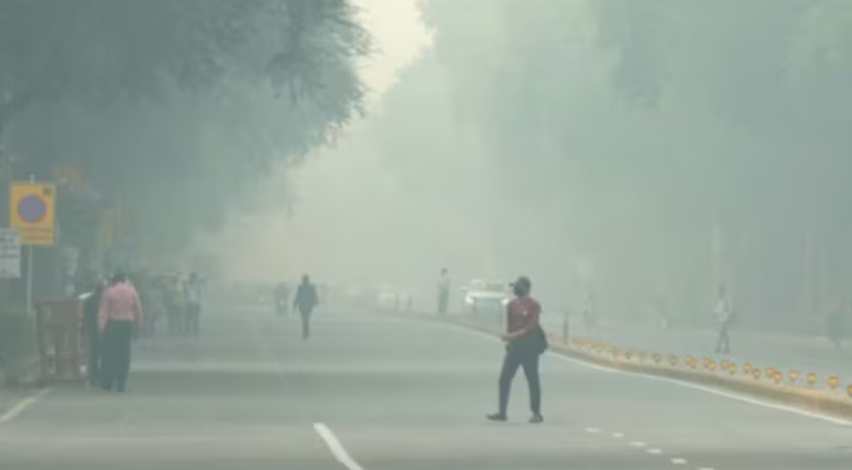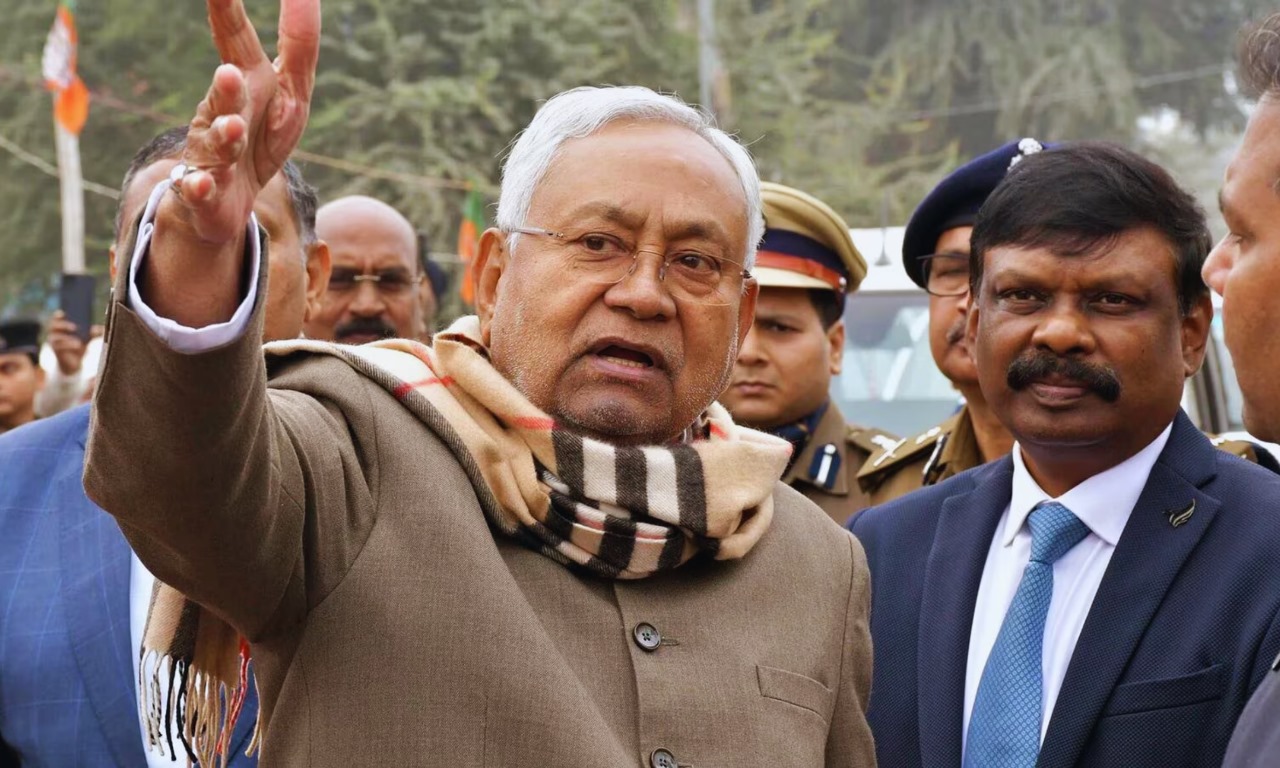Delhi Air Pollution Crisis: High-Level Meeting and Anti-Pollution Measures

Delhi Chief Minister Arvind Kejriwal is set to chair a crucial high-level meeting in response to the deteriorating air quality in the national capital and its surrounding regions, the national capital region (NCR) due to air pollution. As Delhi continues to be enveloped in thick haze, persistently recording ‘severe’ air quality for the fourth consecutive day, concerns regarding public health and environmental safety are mounting. The meeting will bring together key officials to deliberate on the implementation of emergency measures, with a focus on the Centre’s Graded Response Action Plan (GRAP) Stage IV.
A Meeting of Key Stakeholders: Seeking Solutions
The high-level meeting, scheduled for 12 pm today, will see the participation of several key figures, including Delhi Environment Minister Gopal Rai and senior officials from various departments such as transport, the Municipal Corporation of Delhi (MCD), Delhi Police, and Delhi Traffic Police. This gathering of experts aims to discuss the ongoing air quality issues and deliberate on the proactive execution of emergency measures to combat the pollution crisis.
Graded Response Action Plan (GRAP) Stage IV: An Anti-Pollution Strategy in Action
Stage IV of the Graded Response Action Plan (GRAP) is a critical measure to combat severe air pollution. It is typically invoked at least three days before the AQI exceeds the critical 450 mark in Delhi. However, despite the severity of the current situation, the proactive implementation of these measures has faced challenges.
Alarming Air Quality Data: A Regional Concern
The Central Pollution Control Board (CPCB) reported an overall AQI of 437 for Delhi at 9 am, a reading that firmly places the city within the ‘severe’ air quality category. The grim scenario is not confined to the city alone; the adjacent regions in the National Capital Region (NCR) also grapple with the problem. Areas like Bawana (AQI 478), Dwarka Sector 8 (AQI 459), Jahangirpuri (AQI 475), Mundka (AQI 466), Narela (AQI 460), and others are experiencing severely poor air quality. Noida and Gurugram are also in the ‘severe’ category, contributing to the regional air quality concern.
School Closures and Anti-Pollution Measures
Acknowledging the seriousness of the pollution crisis, the Delhi government has taken several measures to protect the health of residents. Primary schools in the city have been ordered to remain closed until November 10. For students in classes 6 to 12, schools have been given the option to conduct online sessions. Furthermore, Stage IV of GRAP has mandated various restrictions, including the suspension of non-essential truck movement within Delhi, a halt on construction works (including public projects), and directives for government and private offices to adopt a work-from-home approach, with 50 percent of staff working remotely. State governments are also encouraged to consider additional emergency measures, such as the closure of educational institutions and non-essential commercial activities, as well as implementing an odd-even rule for vehicles based on their registration numbers.
CAQM Directives: Uniting Against Air Pollution
The Commission for Air Quality (CAQM), a statutory body responsible for devising strategies to tackle air pollution in the Delhi-NCR region, has directed both Delhi and its neighboring areas to enforce all emergency measures outlined in Stage IV of GRAP.
Stubble Burning: A Major Contributor to Pollution
The primary cause of air pollution in Delhi-NCR remains stubble burning. Punjab alone has recorded 17,403 cases of stubble burning this season, with a staggering 78 percent of these incidents occurring in the past eight days. On a single day, Sunday, a record 3,230 instances of farm fire incidents were reported in Punjab, along with 109 cases in Haryana.
Stringent Regulations for Vehicle Entry
Under Stage IV of GRAP, only CNG, electric, and BS VI-compliant vehicles from other states will be permitted to enter Delhi, with essential services being the sole exception. Medium and heavy goods vehicles not engaged in essential services are also barred from entering the national capital. The Delhi government’s Transport Department has implemented a ban on trucks, except those transporting essential goods, from entering Delhi.
Air Quality Concerns Beyond Delhi: Regional Challenges
Delhi is not the only city grappling with deteriorating air quality. Mumbai and Lucknow, both in close proximity to Delhi, are also experiencing air quality concerns. Mumbai’s AQI is in the ‘poor’ category, and a team of officials from the Union Ministry of Environment, Forest, and Climate Change (MOEFC) is expected to visit Mumbai to assess the situation and validate the measures taken by the Brihanmumbai Municipal Corporation (BMC). Lucknow, too, has witnessed a spike in air pollution, with the AQI reaching 274 in the ‘poor’ category. The Lucknow Municipal Corporation has deployed anti-smog guns in the city’s most affected areas to combat worsening air quality.
A Collective Effort to Combat Pollution
The pollution crisis in Delhi and its neighboring regions demands a comprehensive and concerted response. Emergency measures, coupled with stringent regulations, are essential to combat pollution sources like stubble burning and vehicular emissions. It is incumbent upon both the government and citizens to work together to address this environmental challenge and ensure cleaner air for all.








